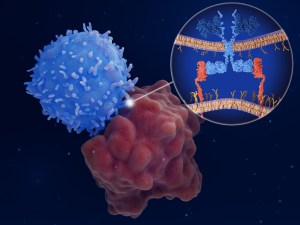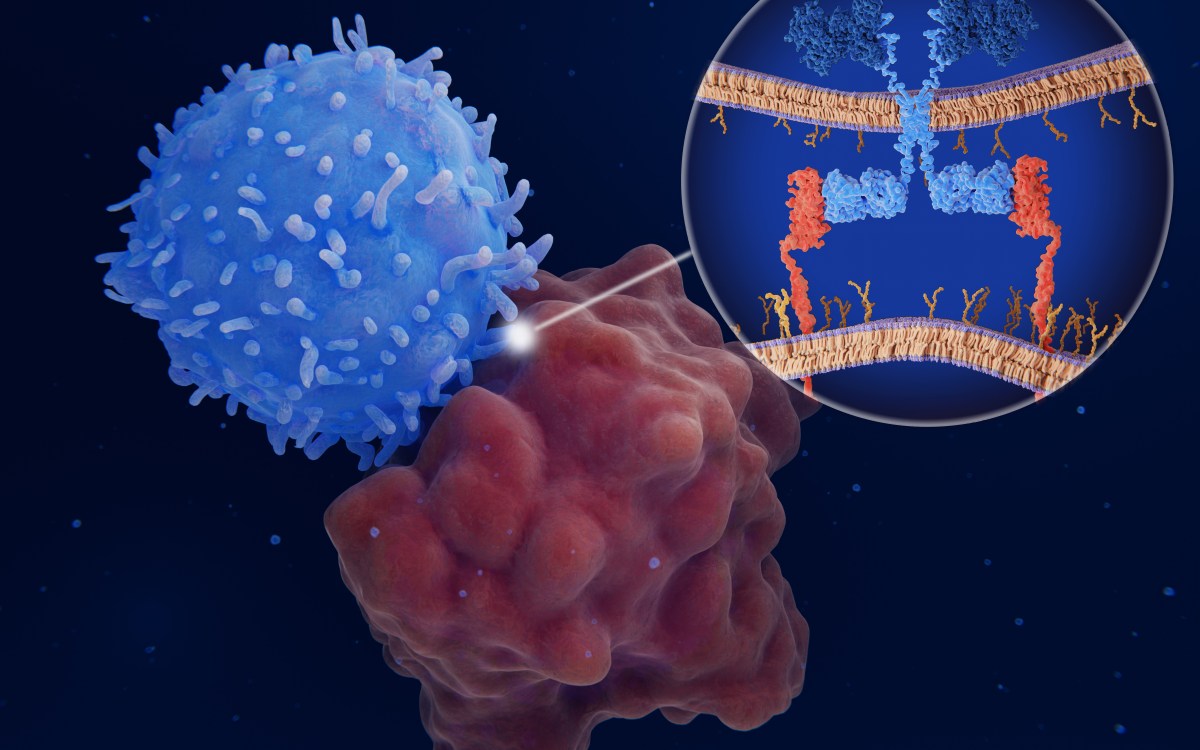Prostate cancer: Clearing up confusion
Lorelei Mucci, associate professor of epidemiology at Harvard School of Public Health (HSPH), studies the factors that influence prostate cancer risk and progression. She answers three questions about recent research findings in the field that have generated confusion for men trying to make the right choice for their health.
Q: Two recent studies from the same research group found that high consumption of fatty acids from fish increased men’s risk of developing a high grade prostate cancer. But previous studies have shown that diets rich in fish lower men’s risk of developing advanced or lethal prostate cancer, as well as protecting against cardiovascular disease. Should men cut back on fish?
A: Prostate cancer is challenging to study because so many men get diagnosed—one in six men in the U.S. will be diagnosed in their lifetime. But many of those men have a very slow-growing cancer that was only diagnosed because they were screened with the PSA [prostate-specific antigen] test. The proportion of those cancers that will go on to be fatal is very small.
The results of epidemiologic studies on risk factors for prostate cancer can be influenced by whether the investigators considered how much PSA screening was happening in their study population. Men who participate in healthy behaviors such as eating fish are also the ones who are more likely to get screened. And if you get screened, we know that you are more likely to be diagnosed with these slow-growing cancers.





